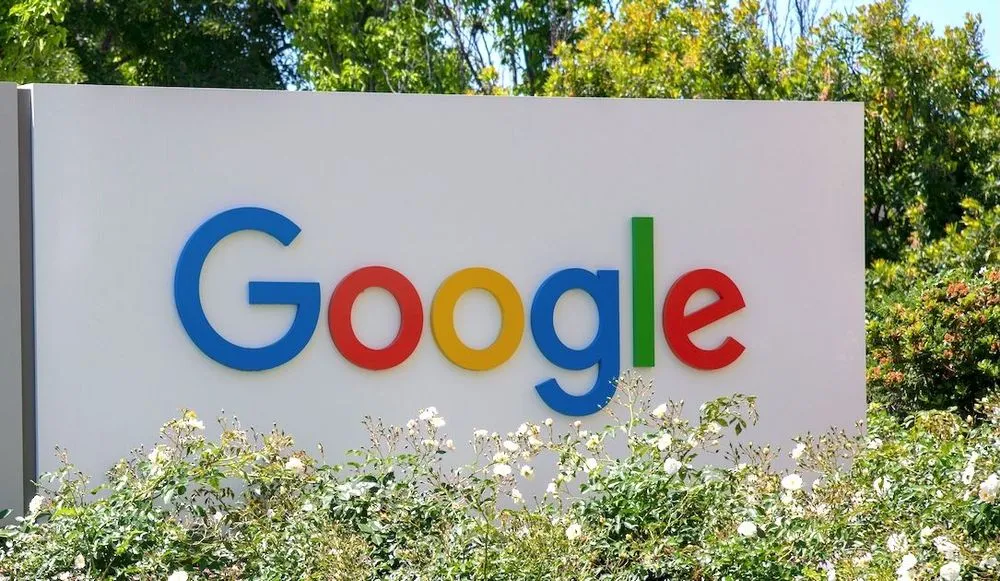California jury orders Google to pay $314 million over data transfers from Android phones
A California jury has ordered Google to pay $314 million for collecting data from Android phones while they were connected to cellular networks, a practice that plaintiffs said equated to stealing a resource that they had paid for.
The verdict, issued Tuesday by a jury in a Northern California state court, is the culmination of a class-action lawsuit that began in 2019. The plaintiffs argued that Google could have waited until the devices were connected to WiFi networks, thus avoiding any costs related to cellular plans.
Plaintiffs’ attorneys argued that the cellular data activity occurred silently and without users’ consent while the Android devices were in “purses and pockets, and even while sitting seemingly idle on plaintiffs’ nightstands as they slept.”
Google then used the information to “further its own corporate interests, including targeted digital advertising,” the complaint said.
The data transfers were sometimes delayed until users were connected to cellular networks and occurred even after consumers closed Google apps, the complaint alleged.
“We strongly disagree with today's decision and will appeal,” Google spokesperson José Castañeda said in a prepared statement. “This ruling is a setback for users, as it misunderstands services that are critical to the security, performance, and reliability of Android devices.”
The data transfers at the heart of the case are needed to ensure billions of Android devices around the globe perform as they should, Castañeda said, noting that they take little cellular data — less than is used to send a photo.
Android users consent to the transfers, Castañeda said, pointing to several terms of use agreements and settings options on devices.
Plaintiffs disputed that assertion in the complaint, which alleged that Google intentionally made it impossible for users to disable the transfers completely.
“Because of Google’s deliberate design decisions, these passive information transfers using cellular data allowances purchased by plaintiffs are mandatory and unavoidable burdens shouldered by Android device users for Google’s benefit and convenience,” the complaint said.
The complaint noted that far less information is sent through passive transfers on Apple iOS devices because phones running iOS give users greater control over that kind of activity.
In May, Google agreed to pay Texas more than $1.37 billion to end two lawsuits relating to its use of location data, biometrics and the Incognito search engine.
That case began in 2022, when Texas Attorney General Ken Paxton sued the tech giant for allegedly illegally tracking and collecting users’ locations, voiceprints and faces and Incognito searches.
Suzanne Smalley
is a reporter covering digital privacy, surveillance technologies and cybersecurity policy for The Record. She was previously a cybersecurity reporter at CyberScoop. Earlier in her career Suzanne covered the Boston Police Department for the Boston Globe and two presidential campaign cycles for Newsweek. She lives in Washington with her husband and three children.



